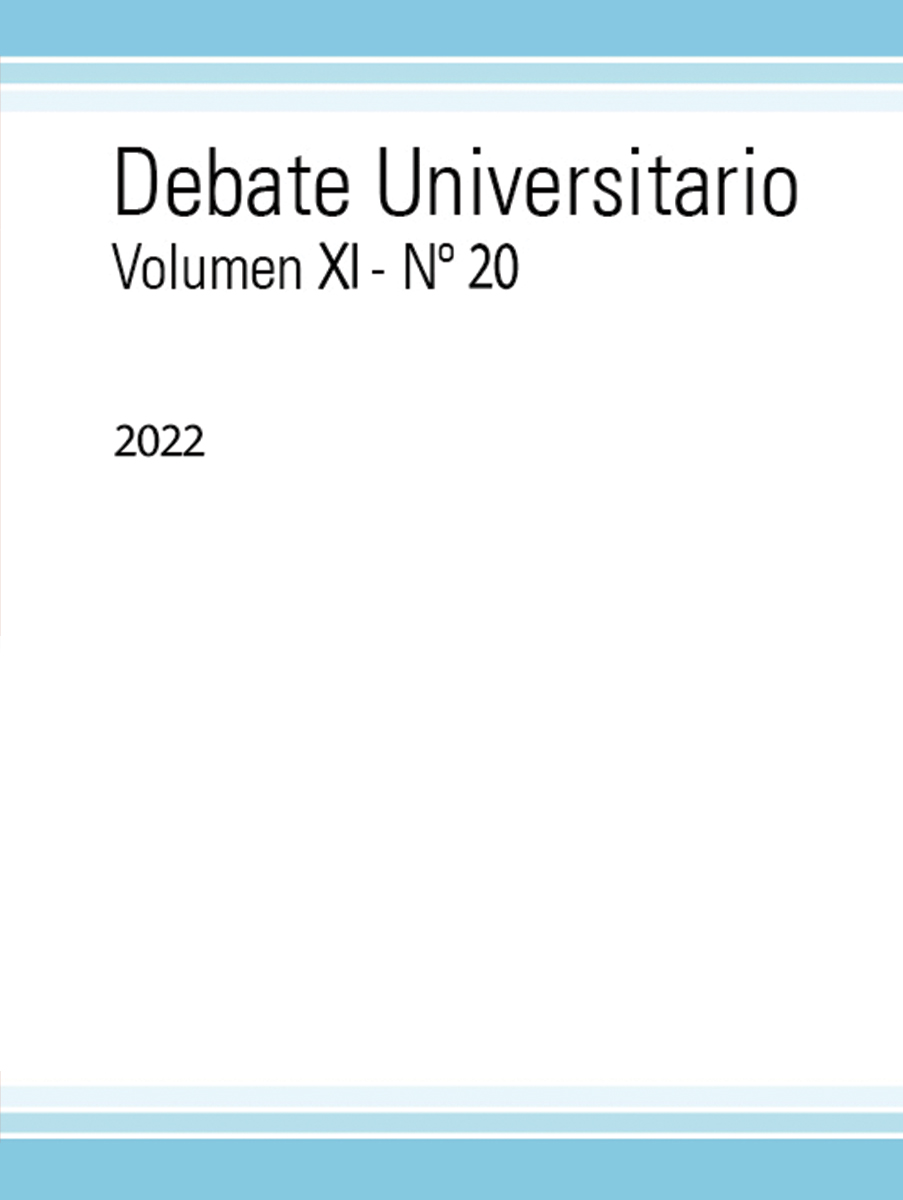The process towards free university education in Chile
DOI:
https://doi.org/10.59471/debate202210Abstract
Free university education is an issue of the greatest validity in Chile. Since 2016, it has become effective for the group of the population with the lowest income, after in the decade of the 80s of the last century all universities began to charge fees to their students. Apparently, it is moving from a view of education as a “consumer good” to a perspective that privileges its
consideration as a “social right”. In the process of change, the Chilean “collective unconscious” has always recognized the Argentine case as a point of reference, a nation in which the university has been free for more than 70 years.
In the present study, a parallel is established between both processes on the way to university free admission: after some preliminary considerations that seek to contextualize the concern about the challenge of education, its coverage and the assurance of its quality, a synthesis of the Argentine process that, with a view of higher education as the responsibility of the state, which
seeks to satisfy a right of the people, has had its flaws and “unwanted collateral effects”, such as high dropout rates. Next, the Chilean case is deepened, with an emphasis on the last decade (in which social demands have been bringing the issue to the fore) and on the characteristics and scope that gratuity currently has; Finally, in the section “Upcoming challenges”, some of
the pending challenges and the lines of action that the Chilean path to free education are likely to follow are presented
Downloads
Downloads
Published
Issue
Section
License
Copyright (c) 2022 José Luis Contreras Páez (Autor/a)

This work is licensed under a Creative Commons Attribution 4.0 International License.










